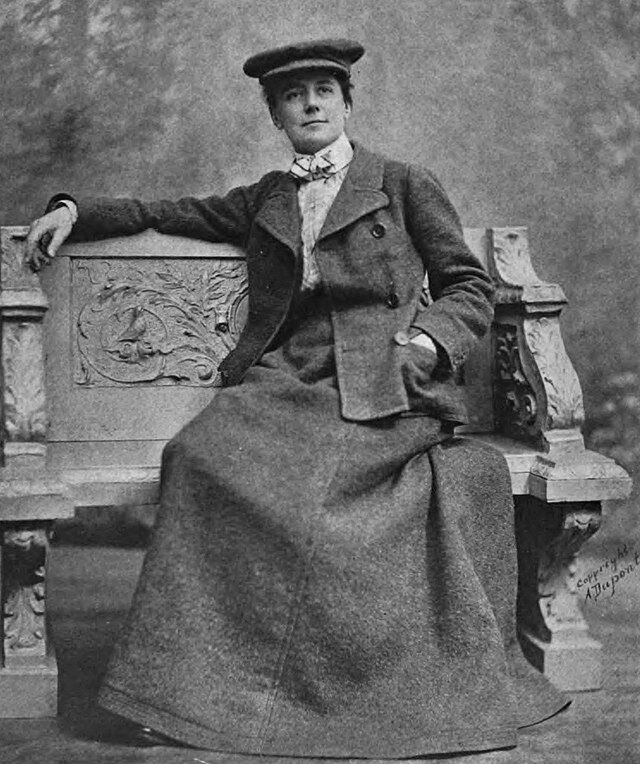The subtitle of Quartet, historian Leah Broad’s book about four UK women composers, reads boldly: How Four Women Changed the Musical World.
But I am unsure that the musical world – for Broad, classical music – was changed in any meaningful way by composers Ethel Smyth (b.1858) Rebecca Clarke (b.1886), Dorothy Howell (b.1898) and Doreen Carwithen (b.1922), however fascinating their lives and careers, and however much their music deserves to be more widely heard.
Although Broad is a passionate advocate for these women’s music, convincingly arguing that it should be heard far more, she never really explains how her chosen women might have changed their or our musical worlds – or even what changing the musical world might mean. Given the book’s title, this is a fundamental flaw.
Broad paints vivid, at times over-imagined, pictures of all four women and the worlds in which they lived and worked. She deftly interweaves their stories in a chronological tapestry, although she opens the book in 1930 with Ethel Smyth, then in her seventies, conducting the Metropolitan Police Band in musical works including a piece by the then 32-year-old Dorothy Howell.
 Portrait of Ethel Smyth....
Portrait of Ethel Smyth....










Comments
Log in to join the conversation.